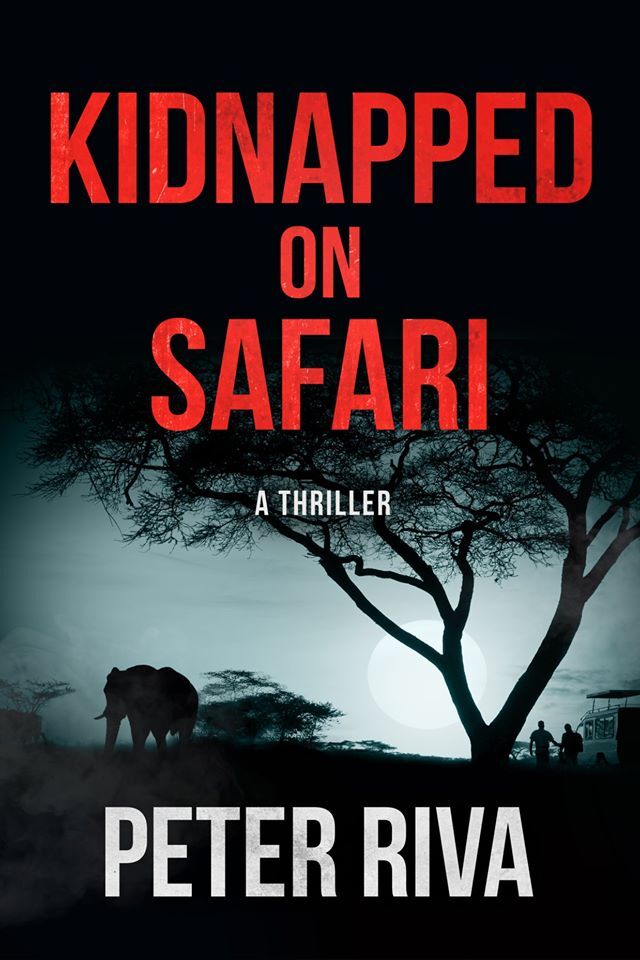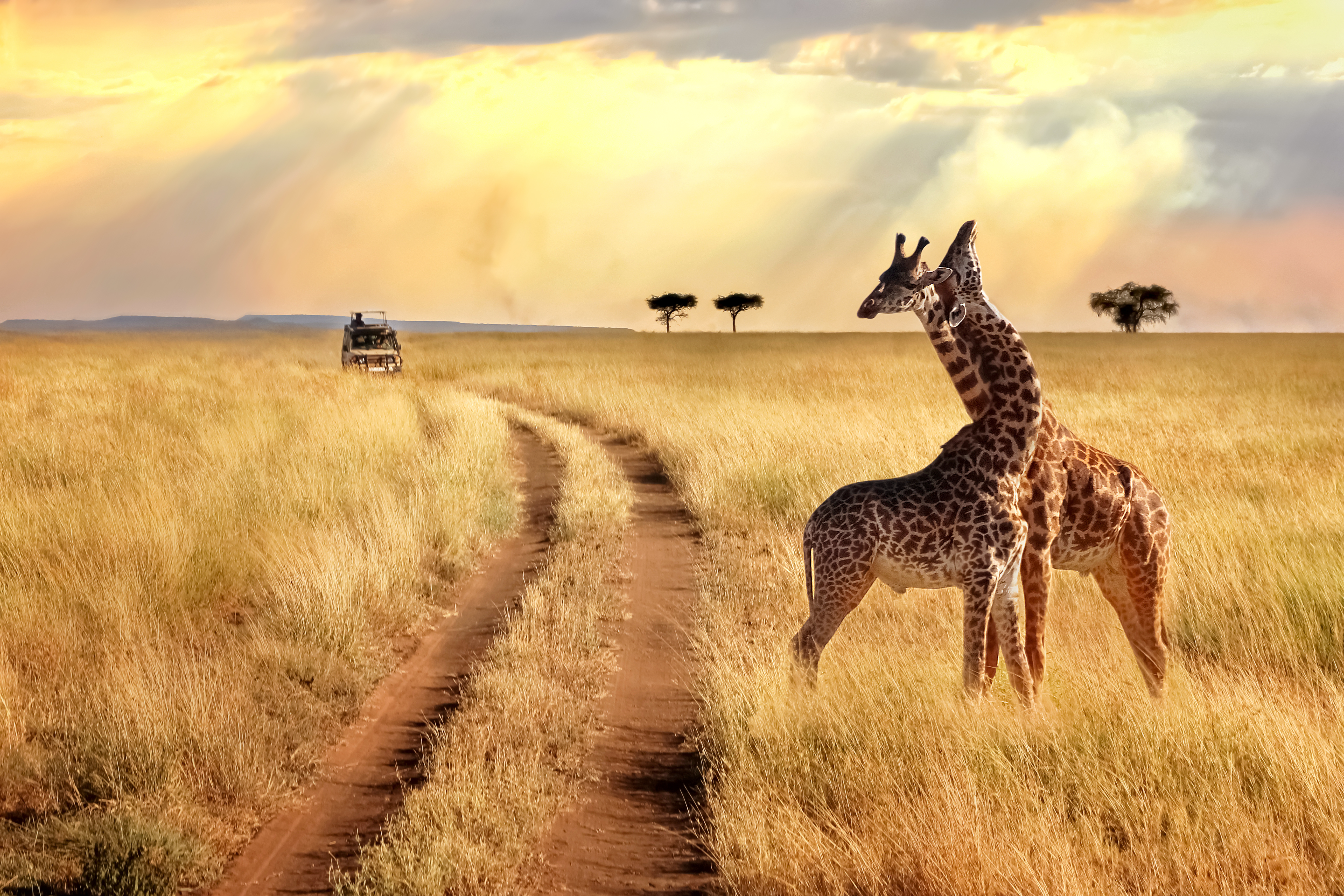Author of Fatal Intent

End-of-life care—or assisted death
When her elderly patients start dying at home days after minor surgery, anesthesiologist Dr. Kate Downey wants to know why. The surgeon, not so much. “Old people die, that’s what they do,” is his response. When Kate presses, surgeon Charles Ricken places the blame squarely on her shoulders. Kate is currently on probation, and the chief of staff sides with the surgeon, leaving Kate to prove her innocence and save her own career. With her husband in a prolonged coma, it’s all she has left.
Aided by her eccentric Great Aunt Irm, a precocious medical student, and the lawyer son of a victim, Kate launches her own unorthodox investigation of these unexpected deaths. As she comes closer to exposing the culprit’s identity, she faces professional intimidation, threats to her life, a home invasion, and, tragically, the suspicious death of someone close to her. The stakes escalate to the breaking point when Kate, under violent duress, is forced to choose which of her loved ones to save—and which must be sacrificed.
Amazon | Goodreads | Audible | B&N

Perfect for fans of Kathy Reichs and Tess Gerritsen
Interview with Tammy Euliano, MD
Author of Fatal Intent
Tammy Euliano, MD, is a practicing anesthesiologist and tenured professor of anesthesiology at the University of Florida. In addition to a prolific list of academic publications, YouTube teaching videos, and numerous teaching awards, she has also written award-winning short fiction. Fatal Intent is her debut novel. Tammy lives in Gainesville, FL, with her husband. For more information, please visit https://teuliano.com and follow the author of Facebook.
- I love the premise for Fatal Intent. Did the inspiration for this book take place over a long period?
It did. The idea of managing the end-of-life has fascinated me since way before any kid should think about such things. We had a debate in my 5th grade class about the fate of Karen Ann Quinlan, a young woman in a persistent vegetative state whose parents wanted her ventilator disconnected, while the State of New Jersey disagreed. I don’t recall what side my 10-year-old-self argued, but the question never left me. Medical technology and the ability to keep the body alive has far out-paced our ethical ability to deal with the implications.
In medical school and residency, the question resurfaced repeatedly, while watching families’ extended mourning in the ICU, and anesthetizing patients for innumerable procedures despite little to no hope of a meaningful recovery. Meanwhile, the absurd cost of medical care in the US frequently made the news, especially expenditures in the last few months of life and final hospitalization.
- You’ve written award-winning short stories. What was your experience writing a full length novel vs shorter fiction?
I started the novel first, and only moved to short fiction when I realized (1) I needed to work on craft and (2) getting published wasn’t a linear path. I learned that having writing credits might help me find an agent. The jury’s still out on that part, but it definitely taught me to write efficiently. It’s great practice for completing character and plot arcs, all in a single day instead of months (or years).
- How long have you been writing fiction?
Do stories about lady bugs and lions written in first grade count? I dabbled a bit, but didn’t really start writing until around 2014 when I resigned my administrative duties at work and purposely made time to write.
- What kind of person is the character Dr. Kate Downey?
She is caring, compassionate, loyal, intelligent and skilled, but also plagued by guilt and maybe a little imposter syndrome. She is tenacious but confrontation-averse and much too willing to accept blame, even erroneously assigning it to herself. I think she’d be a great friend to have, but maybe a little slow to warm up.
- I love what you’ve done with the story and the dialogue leaps off the page. What is your creative process for creating characters?
Thank you for that. Honestly, the characters seem to just appear in my mind. For the sequel, I’m having a little trouble with one of the new characters who can’t decide whether he or she is a good guy in a tough spot or a bad guy faking it. To figure the character out I’m having them write a diary post about their motivations. When that doesn’t work, I use a massive white board and create a mind map of their life and interactions. It’s one of the funnest parts of writing for me, except when they won’t cooperate, like now!
- Dr. Kate Downey has a lot situations going against her. What motivates her to keep going and clear her name?
With her husband on death’s door, her career is all she has. If she isn’t working crazy hours, she has time to think, and wallow. Furthermore, being a physician is all she’s ever wanted to be, if she isn’t a doctor, who is she? And she wants to stay in her current hospital because Greg once worked there. Her colleagues knew him. In a way, he still exists as long as she’s there.
- Will this be a stand alone or develop into a series?
It began as a stand alone, but I really liked Kate and her crew and wondered if I could keep writing them. Realistically though, what are the odds an academic anesthesiologist would stumble across more than one murder mystery in her career. But then, there is Murder, She Wrote and Miss Marple and any number of other series with an amateur sleuth, often cozies but I thought it might be possible. When Oceanview bought Fatal Intent, it was a two-book deal, so that sealed it. But in the meantime, the reviews I’m receiving frequently mention a desire to see Kate again, hence the sequel with the uncooperative character.
- What’s next for you?
The sequel to Fatal Intent in which Kate Downey, Aunt Irm and Christian face another series of challenging circumstances is due asap. I’m also working on another series. Pre-covid I wrote about a bioengineered virus that destroyed the fertility of humans and other primates. Sort of Children of Men-ish, minus the soul-crushing fate of mankind that PD James described. Anyway, I LOVE the themes, the characters and the challenging topics raised, but have yet to interest an agent or publisher.

By night, she plays games with her family (now remotely), cuddles her dogs, reads, and writes medical thrillers.
Vacations are for exploring our amazing world. She has dragged her family of five to all the major US national parks, Alaska, Hawaii, Canada, Costa Rica, the Caribbean, the Galapagos, the Mediterranean, Europe and New Zealand. Trips are spent soaking up the history and culture while also experiencing nature, often in extreme fashion.










